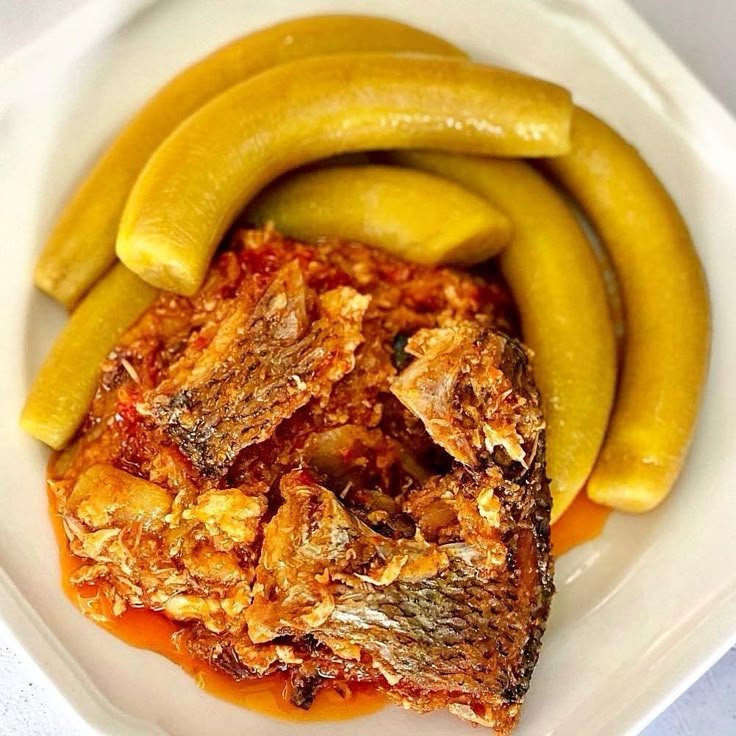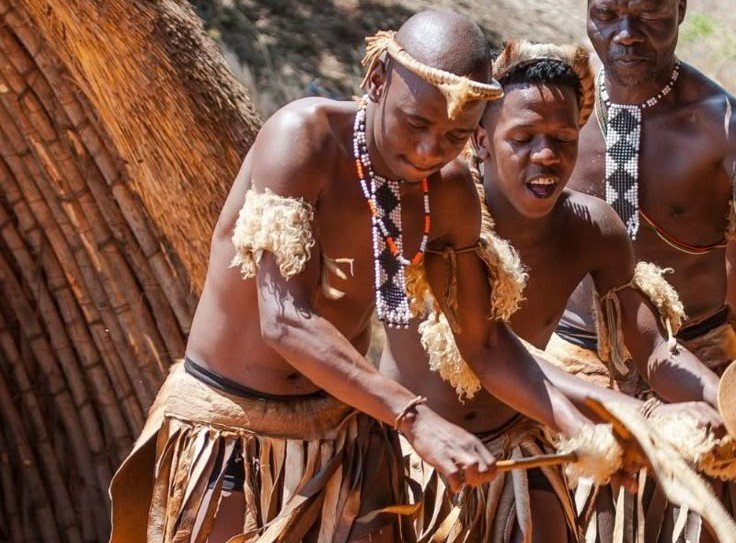About the People, Culture, Languages & Food in Uganda
A Tapestry of Traditions & Flavor
Uganda is a captivating blend of over 56 distinctive ethnic groups and more than 70 languages, set amidst stunning landscapes. Far beyond its famed gorilla safaris, the true heart of Uganda lies in its warm people, vibrant cultures, melodic languages, and mouth-watering cuisine. In this blog, you’ll experience Uganda not just through its wildlife, but through its living heritage—people, traditions, speech, and food.
👥 The People & Ethnic Diversity
- Population: Approximately 47–48 million people spread across diverse communities
- Largest groups: The Baganda in the central region (around 16–17% of the total population), Banyankole, Basoga, Acholi in the north, Iteso/Karimojong in the east, Bakiga in the highlands, and Gisu on Mount Elgon’s slopes
- Society: Ugandans are community-oriented, with strong extended family networks and deep respect for elders .
Dress & Attire:
Men often wear the traditional kanzu robe, while women adorn gomesi (central/east) or suuka, busuuti, or omushanana gowns
🗣️ Languages
- Official languages: English and Swahili. English is widespread in schools, media, and business, while Swahili is commonly used by the military and in border regions
- Most-spoken indigenous: Luganda (central), Runyankole, Lusoga, Ateso, Acholi, Lumasaba (Gisu)
- Diverse language families: Bantu, Nilotic, Central Sudanic, Kuliak — reflecting Uganda’s cultural richness
- Significant presence: Ugandan Sign Language, and over 40 active indigenous languages .
🎶 Culture, Arts & Traditions
- Music & dance: Central to life—troupes perform Kiganda dance (wrist/waist-driven), Nilotic dances like Tamenhaibunga celebrating friendship, plus modern Afrobeat and gospel sounds
- Arts and crafts: From carved shields, bark cloth, pottery, beadwork to contemporary art at Kampala’s galleries (Afriart, Umoja), Uganda balances tradition and innovation
- Storytelling & oral heritage: Legendary tales, folk songs, Acholi war narratives passed across generations; literature like Song of Lawino carries deep meaning
- Family & etiquette: Ugandans are friendly, appreciate humor (not sarcasm), practice light touches between same-sex friends, and respect elders with restrained eye contact
🕌 Religion & Rituals
- Religious makeup: Christians (over 85%; 45% Protestant, 39% Catholic), Muslims (~13–14%), with indigenous spiritual practices still observed
- Ceremonies:
- Kabaka’s cultural events in Buganda,
- Imbalu male circumcision in Bagisu,
- Intertribal rites of passage, marriages, funerals—rich with music, dance, and communal food
🍽️ Food & Culinary Traditions
Ugandan cuisine showcases simple yet vibrant flavors, deeply tied to local agriculture:
Staple Dishes
- Matooke (steamed mashed green bananas)—eaten daily, ~0.7 kg/person/day
- Posho (maize porridge/ugali)—primary carbohydrate in northern and eastern regions
- Empogola (matooke boiled with peel)—extra flavor and nutrients
- Katogo (matooke with offal/beans)—hearty and inexpensive breakfast .
Sauces & Specialties
- Luwombo (meat, fish, or mushroom stew steamed in banana leaves)—royal origins from Buganda
- Binyebwa (groundnut/peanut sauce)—a popular accompaniment .
- Malewa (smoked bamboo shoots)—regional delicacy from the east
- Kikomando (chapati chunks with fried beans)—college favorite, inspired by pop culture
Street Food & Snacks
- Rolex (omelet rolled in chapati)—Ugandan street-food icon
- Muchomo (grilled meat skewers)—savory roadside delight .
- Nsenene (fried grasshoppers) and simsim (sesame candy)—adventurous, crunchy treats .
Beverages
- High-quality coffee—Uganda is among Africa’s top coffee producers, with women-led cooperatives (e.g., in Mount Elgon) boosting local quality
- Millet/banana beer, tea, fresh fruit juice, and local lager beers also widely enjoyed.
🌍 Why Culture & Cuisine Matter
These practices enrich your travel, making meals and ceremonies deeply meaningful travel experiences. Many lodges like Bwindi Lodge offer cooking lessons and source ingredients from local communities—blending hospitality, sustainability, and culture
✅ FAQs: Culture & Cuisine in Uganda
Q: Do most people speak English?
Yes — English is widespread, especially in cities and for tourism. Learning a few local words like “Gyebaleko” (Luganda hello) is appreciated
Q: Are there vegetarian options?
Absolutely—staple dishes like matooke, posho, bean or groundnut sauce, and veggie-chapati rolls are vegetarian-friendly.
Q: Is street food safe?
Generally yes—opt for vendors with high turnover (e.g., rolex stalls, muchomo) to ensure freshness.
Q: Can I attend cultural ceremonies?
Yes—many lodges and community groups offer visits to Imbalu, Kiganda dances, or Batwa experiences. Ask your guide or lodge.
🎯 Ready for a Cultural Feast?
Uganda’s power isn’t just in its landscapes—it’s in the stories, rhythms, languages, and flavors shared in every meal and ceremony. To bring your trip to life with cultural immersion, cooking classes, and authentic communal experiences:
👉 Contact us now for a cultural safari that celebrates Uganda’s heartbeat—from matooke to music to language.









